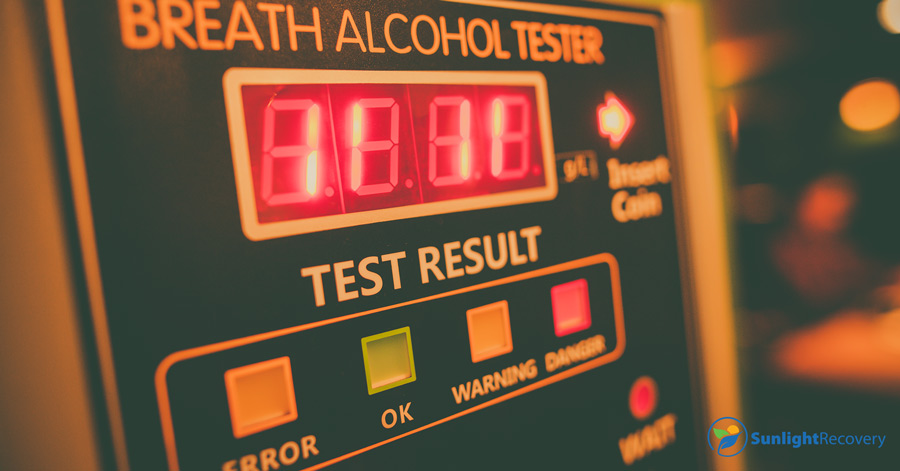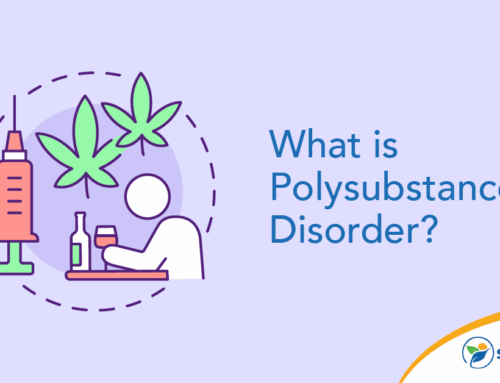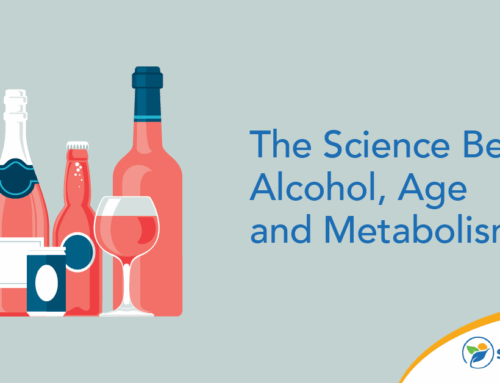Alcohol is so widely available and accessible that it can be easy to forget it’s a mind-altering substance, but it has significant effects while it’s in our system. If you’re about to enter rehab, you may be wondering, how long does it take to detox from alcohol? Let’s take a look at how alcohol is processed in the body, how it’s detected and how long it takes to detox.
How Long Does It Take to Detox From Alcohol?
The speed at which your body metabolizes alcohol is different for everyone. Generally speaking, alcohol can stay in a person’s system for between six and 72 hours. Detection will vary greatly depending on the type of test used and what is being tested.
Alcohol Detection Tests
There are a handful of tests out there that can detect alcohol in the body. They can be conducted on:
- Blood. Blood alcohol concentration, or BAC, is the percentage of alcohol in a person’s bloodstream. BAC is expressed as a percentage of the amount of ethanol in the blood in units of mass of alcohol per volume. The bloodstream eliminates alcohol at a rate of 0.015% per hour. Generally speaking, alcohol will appear in a blood test for up to 12 hours after consumption.
- Breath. A breath test (administered with a breathalyzer) can detect alcohol for up to 12 hours.
- Urine. There are two types of urine tests for alcohol detection. The “traditional” method can detect alcohol for up to 10–12 hours, and the ethyl glucuronide (EtG) test can detect alcohol up to five days after consumption.
- Saliva. A saliva test can detect alcohol for up to 48 hours.
- Hair. Alcohol can be detected in a hair follicle for up to 90 days post-consumption.
How the Body Processes Alcohol
Understanding how the body processes alcohol can help us understand how long alcohol stays in the system and why. Many factors contribute to how long alcohol stays in the system; the one that has the most considerable impact is the number of drinks a person has. The more you drink, the longer alcohol will stay in your system.
When you consume alcohol, it enters the digestive system and goes to the stomach and small intestine. Some people have enzymes in their stomachs — dehydrogenase (ADH) and aldehyde dehydrogenase (ALDH) — that help break down alcohol and divert more from going to the bloodstream. Women tend to have lower levels of ADH than men, which is partially why they tend to have lower alcohol tolerances.
Your stomach absorbs approximately 20% of the alcohol you drink, while your small intestine absorbs the other 80% before it travels to your bloodstream. Alcohol in your blood will be effectively transported throughout your body, which is why alcohol impacts so many different bodily systems.
After alcohol makes its way through the stomach, small intestine and bloodstream, it ends up in the liver. The liver is responsible for most of your alcohol metabolism, processing approximately one ounce of liquor in an hour. Approximately 90-89% of all alcohol that enters the body is metabolized, with the remaining amount being expelled through sweat, urine, feces and vomit.
However, the liver can’t keep up when someone keeps drinking, and additional alcohol will accumulate in the blood before it can be metabolized. This is alcohol poisoning: when a person consumes alcohol so quickly that the body can’t process it. If someone does this too frequently, there can eventually be damage to the brain or tissues.
Factors That Affect How Long Alcohol Stays in Your Body
As stated above, the number of drinks a person has is the biggest contributing factor to how long alcohol will stay in the body, but it’s not the only one. Other factors that may impact how long alcohol stays in the body are:
Age
As we get older, the speed at which our bodies can metabolize alcohol slows down. This is partially because we have less water in our bodies as we age, which contributes to a higher blood alcohol concentration.
Biological Sex
Generally speaking, women metabolize alcohol more slowly than men for several reasons:
- Women have lower levels of the stomach enzyme ADH, which helps break down alcohol.
- Women tend to have a higher body fat percentage and a lower body water percentage than men.
- Hormones can play a role in the body’s effectiveness in breaking down alcohol. Women tend to have a higher BAC when drinking right before menstruation.
- Women can often be smaller than men in height or weight, which means the same number of drinks will impact a woman more.
Diet
You may have heard that drinking on an empty stomach can make you more intoxicated. Food in your stomach helps dilute alcohol as it passes from the stomach to the small intestine. If you consume alcohol on an empty stomach instead of a full one, your peak blood alcohol concentration can be an estimated three times higher.
Medications
Some medications can interfere with the body’s ability to break down alcohol effectively. Medications known to interact with alcohol and result in a higher BAC in some people are typically those for:
- Anti-anxiety
- ADHD
- Cough and cold
- Diabetes
Body Size
Body size plays a significant role in how a person metabolizes alcohol. The less a person weighs, the less water they have in their system. Because alcohol saturates the water in the bloodstream, a person with less water will have a higher BAC.
How Long Is Alcohol Detox?
So, how many days does it take for an alcohol detox? If you’re considering alcohol addiction treatment, you probably know that treatment begins with detoxification, as the first step is to get all the alcohol out of your body.
How long alcohol detox takes depends on factors such as weight, age, frequency of drinking and more. If you have an alcohol addiction, you’re likely to experience withdrawal symptoms. The heavier of a drinker you are, the more intense your withdrawal symptoms will be and the longer they’ll last.
Based on your unique situation, withdrawal symptoms might start as early as two to six hours from your last drink and can last up to a week. In some rare cases, persistent withdrawal symptoms can last up to a month or longer.
Once your withdrawal symptoms subside, you can consider yourself “detoxed”. Of course, there may be trace amounts of alcohol still in your system, and something like a hair test would detect that alcohol. Overall, however, you’re detoxed enough to move into the next stage of your treatment.
If you test positive for alcohol consumption when you are expected to be sober, it’s time for reflection. Ask yourself why you’re drinking when you shouldn’t be and if you should seek help.
Get Sober at Sunlight Recovery
With Sunlight Recovery, your road to recovery can start today. Our comprehensive rehabilitation center offers a variety of programs, including medical detox, residential treatment and outpatient care. A sober life is happier and more fulfilling. Contact us today to learn how we can help you conquer your addiction.







